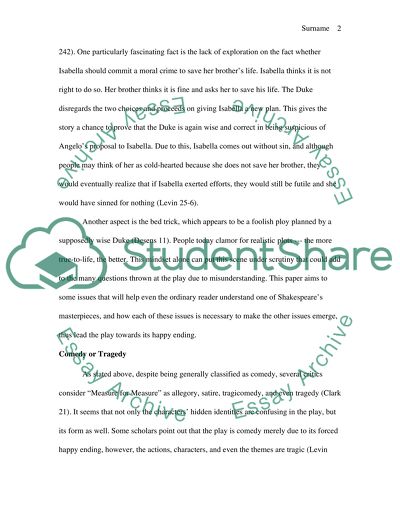Cite this document
(“Shakespeare's Measure by Measure: A Play Misunderstood Essay”, n.d.)
Shakespeare's Measure by Measure: A Play Misunderstood Essay. Retrieved from https://studentshare.org/literature/1418898-persuasive-essay-about-measure-for-measure-by
Shakespeare's Measure by Measure: A Play Misunderstood Essay. Retrieved from https://studentshare.org/literature/1418898-persuasive-essay-about-measure-for-measure-by
(Shakespeare'S Measure by Measure: A Play Misunderstood Essay)
Shakespeare'S Measure by Measure: A Play Misunderstood Essay. https://studentshare.org/literature/1418898-persuasive-essay-about-measure-for-measure-by.
Shakespeare'S Measure by Measure: A Play Misunderstood Essay. https://studentshare.org/literature/1418898-persuasive-essay-about-measure-for-measure-by.
“Shakespeare'S Measure by Measure: A Play Misunderstood Essay”, n.d. https://studentshare.org/literature/1418898-persuasive-essay-about-measure-for-measure-by.


